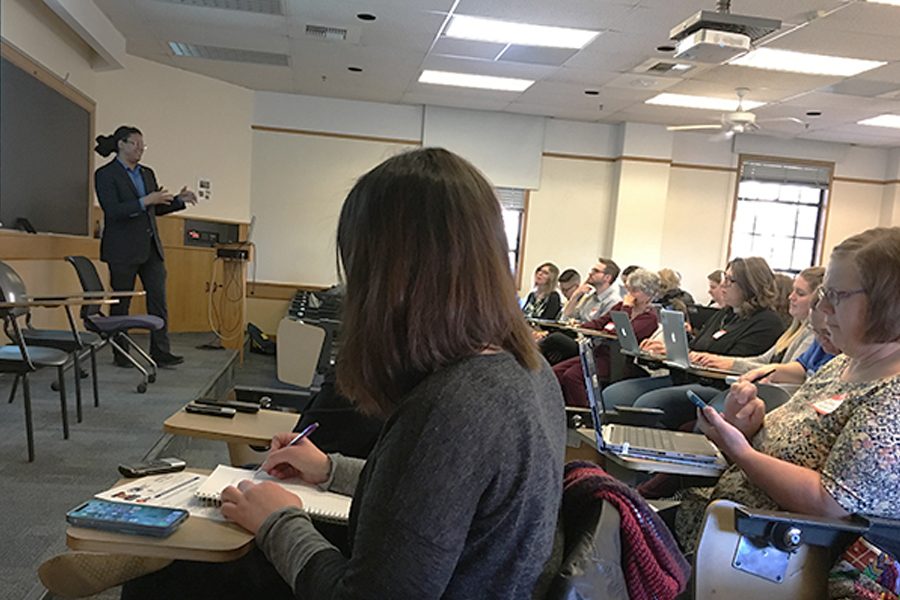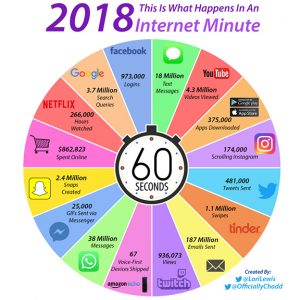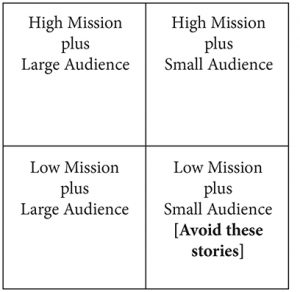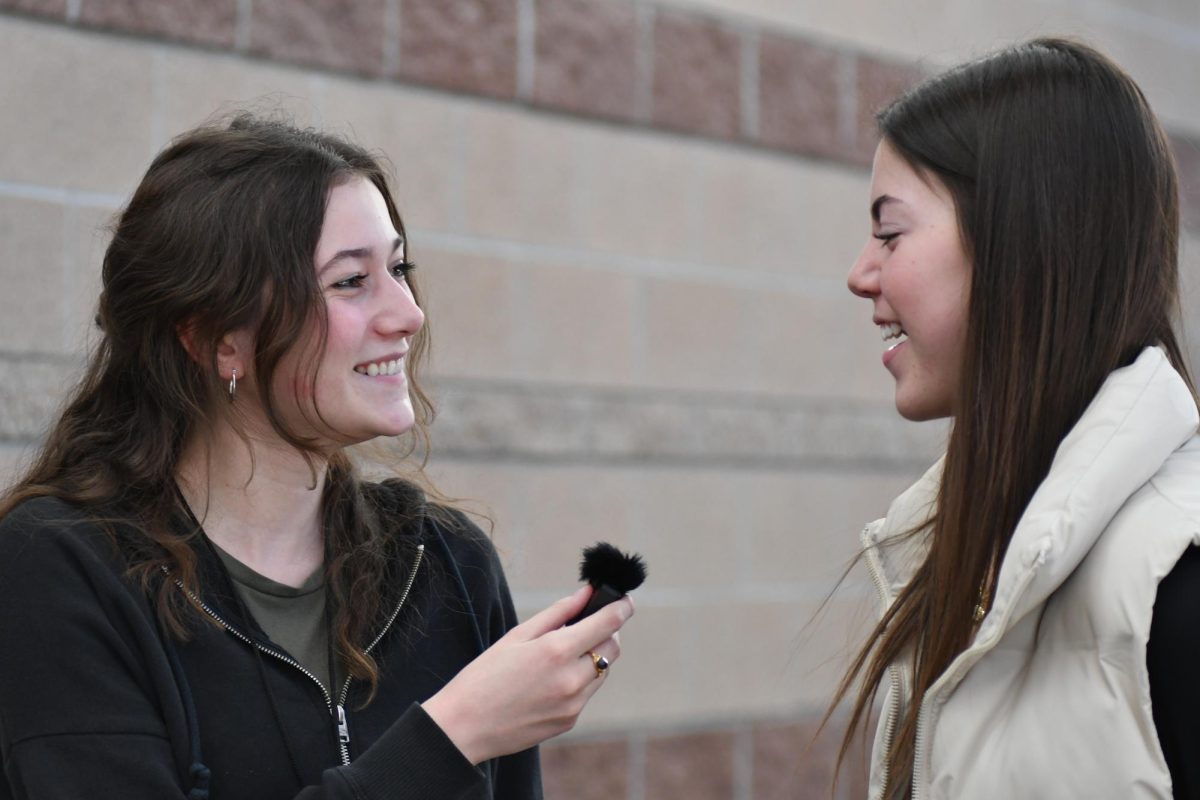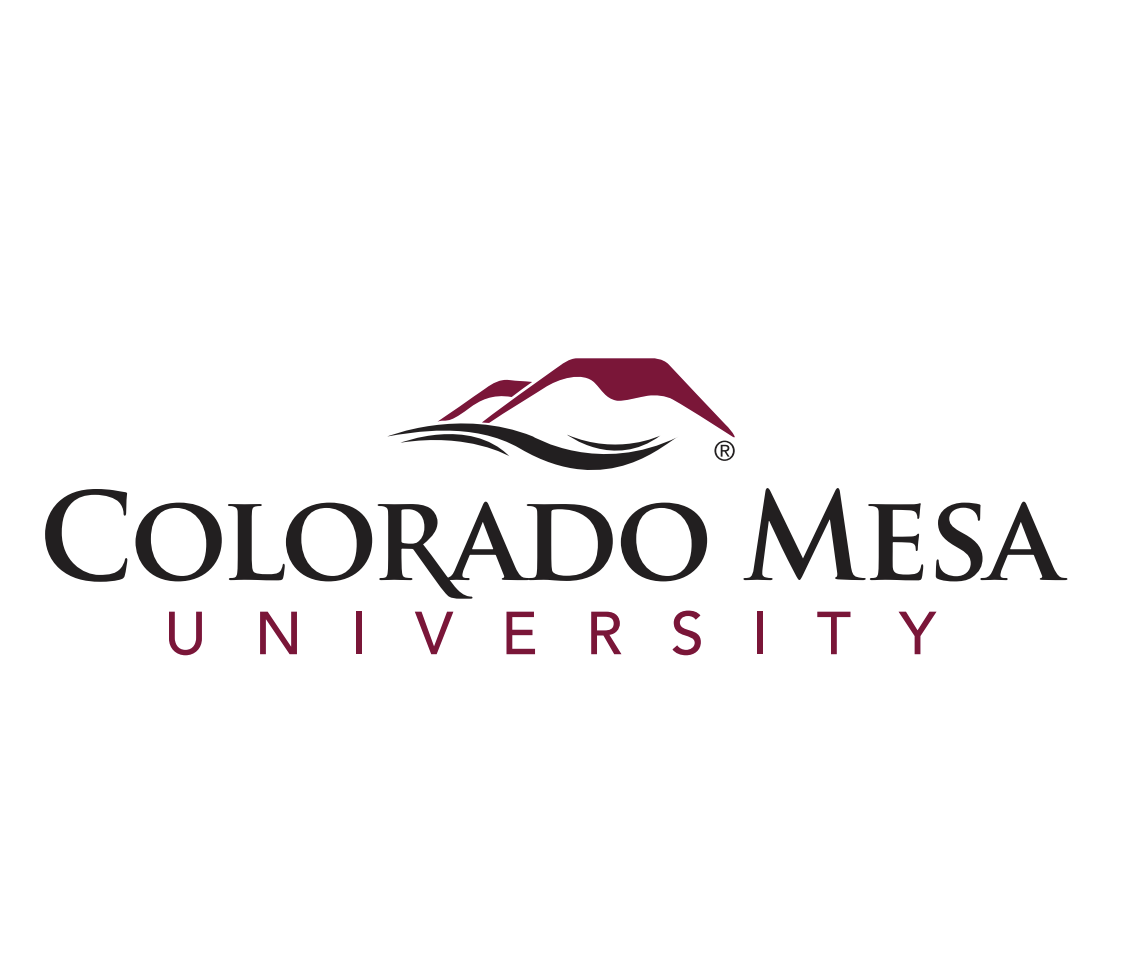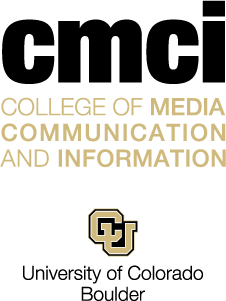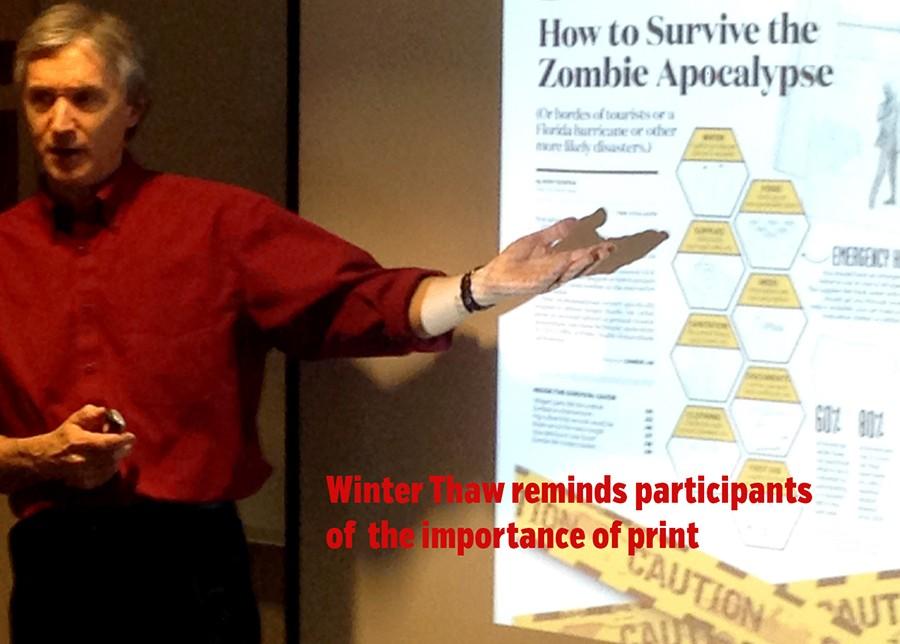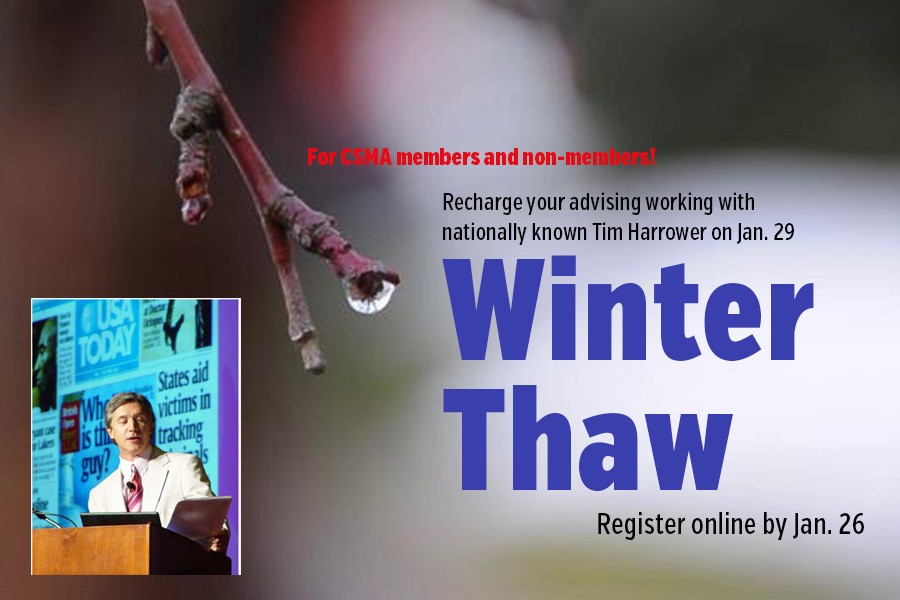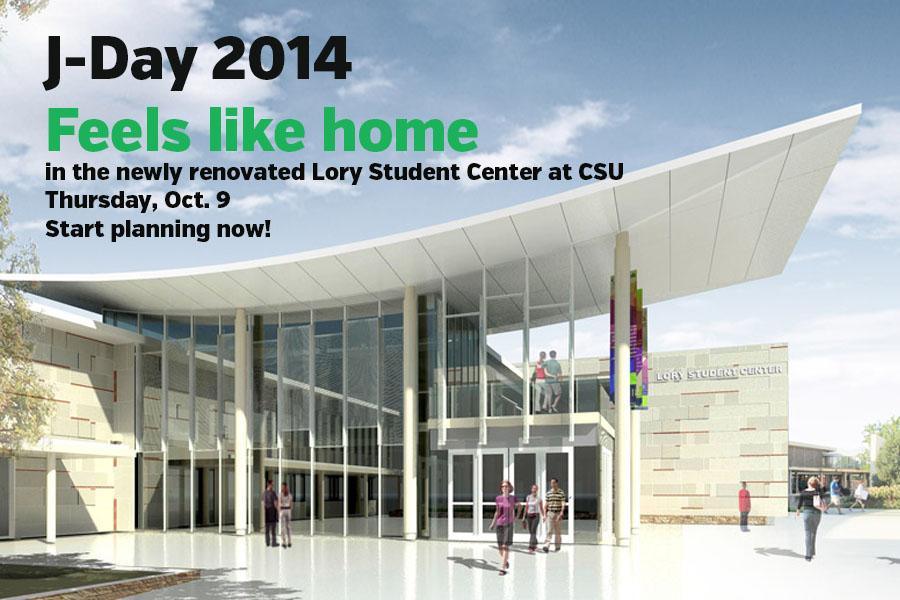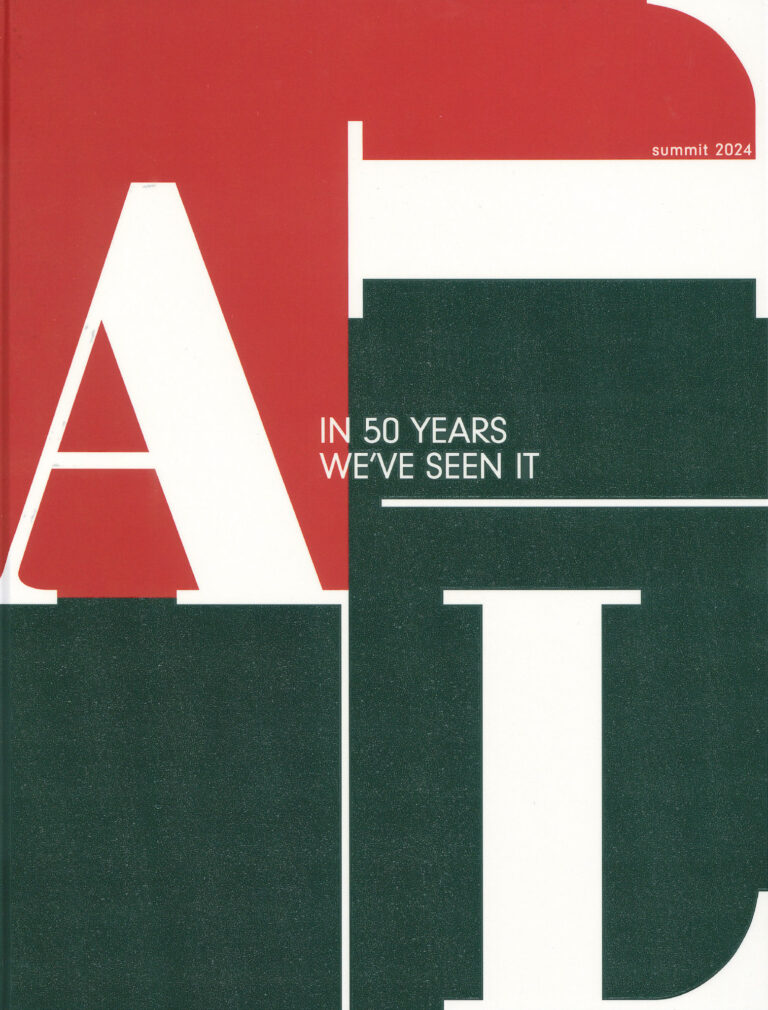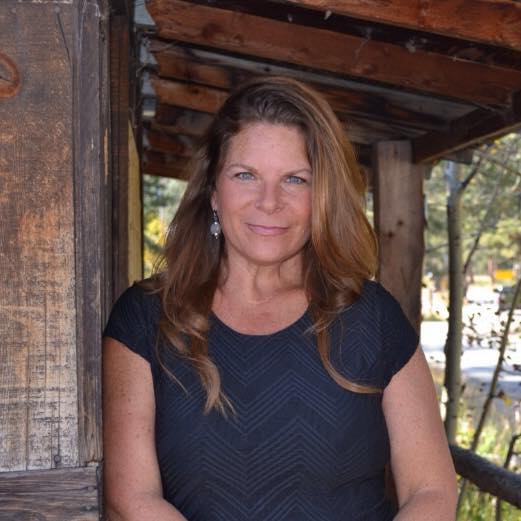“We want someone to save us,” said Damaso Reyes, which was the top takeaway for many from the Feb. 2 Teaching Media Literacy workshop that brought together nearly 60 educators and journalists. “We are still waiting for some gatekeeper to take care of today’s information landscape.”
But, Reyes said, “Google or legislation will not save us.”
We have to give students (and everyone else) the tools, the skills, needed to navigate an increasingly confusing digital world.
The workshop featured Reyes, director of partnerships at the News Literacy Project, bringing him to Colorado to work with educators from elementary level to college, along with professional journalists. The workshop was a partnership among CSMA, Colorado Press Women, Colorado Language Arts Society, and the College of Media, Communication and Information (CMCI) from CU Boulder. Participants could earn 5.5 hours of continuing education credits for the day, which included lunch and parking in the $25 fee.
The day also featured Denver Post editor Lee Ann Colacioppo as luncheon speaker, along with additional panels led by CMCI instructors and working educators and journalists.
Some highlights from the day:
Reyes began the day challenging everyone to teach students how to sort or filter the fire hose of information coming at us every day. He reminded everyone that some current sophomores will be able to vote in 2020, so current high school students need media literacy now.
News and media literacy might be considered a vaccine for students. They need to learn to discern and create media, and this can help develop engaged, informed citizens (one of the main purposes of public education). We don’t want students to be passive users of information, and we need to fight the tendency toward confirmation bias. We need to teach skepticism, particularly when something looks too good to be true. It likely is!
State Representative Lisa Cutter joined the workshop for the morning and had a chance to describe a media literacy bill she has introduced in the House (it passed out of committee the following week). Here is a link to a report on that initial hearing, which was not quite as smooth as might be expected.
The morning panel featured CMCI professors, each of whom focused on their particular media literacy research and interests.
Elizabeth Skewes noted that we (educators and journalists) need to be open to options in news platforms and sources. It starts with us. She also said that people tend to trust “friends” over the media, and this includes Facebook friends (often not all that close to us or all that informed/trustworthy). She shared research showing the Democrats tended to have much more trust in the media than Republicans, which leads to an ever-widening split in accepted facts.
Skewes shared the IMVAIN model as one strategy for helping people make their own decisions on the trustworthiness of a site or source.
- Independent
- Multiple Sources
- Verify (level of transparency)
- Author (is there a byline?)
- Information (is there evidence of research?)
- Named Sources
Angie Chuang maintained that we should not isolate media and diversity from other subjects. She discussed identity and how we fall into “self vs. other” traps in our thinking. She recalled one of her college students asking, “Why do we need to have only one identity?” which led to an exercise in which students listed all their identities (intersectionality).
Steven Frost focused on visual media literacy and how important memes have become among those using social media. He even made the case for visual culture being the new dominant way we acquire and share information. Memes may have more influence than serious reporting.
He defined a meme as an image or artifact that gets transformed, usually coming for “bottom up” culture and reflecting a search for authenticity.
Jolene Fisher is doing research on video game literacy. She said that video games used to be considered trivial, but that today they are a $30 billion business, and an estimated 67 percent of Americans plays some form of online game (from Candy Crush on up). She said that all games contain values of various types and that good or bad values are often determined by winning or losing the game. Video games have their own rhetoric and specific “rules of the game,” and those rules are effective teachers (for good or ill).
She also noted a wide generation gap between teachers who play game and older educators, who did not grow up with games and who don’t play much.
Luncheon speaker Lee Ann Colacioppo shared the way the Denver Post decides on what stories to pursue and eventually publish, particularly on their rapidly growing online platforms. She discussed the way editors looked at both mission and reader interest in making decisions on publishing.
Mission
- Does the story make a concrete difference in people’s lives?
- Does the story directly affect readers’ lives?
- Will the story break news, and is it holding those in power accountable?
- Is the story simply extraordinary storytelling, and worth sharing for that alone?
Interest
- Who cares or should care?
- Is it big and new, while still fitting the mission of the paper?
- Is there a way to expand a small audience into a larger one?
- Is the small audience influential (perhaps down to one person, such as the governor)?
She also shared this Coverage Decision model.
After lunch, a panel that included Jamie Hedlun, language arts teacher and media adviser from Mead HS, Donna Bryson, reporter for the Denverite, and Mark Newton, English chair and student media adviser at Mountain Vista HS, discussed pragmatic strategies and challenges in the classroom and the newsroom.
Hedlun shared some stories of conflicts between her journalism students and administration, and about her own learning about her rights and her control over her teaching and advising situation. Newton suggested that schools should make demonstrated media literacy a graduation requirement (and a college entrance requirement). He said, “Education is the stapler that brings citizenship and news literacy together.”
Bryson described herself as an optimist who remains hopeful despite the sometimes dispiriting stories she covers in her beats for Denverite.com: housing and hunger. She mentioned that she is often thanked by people at community meetings, city council meetings, etc., covering their lives and events, even in these times when the media is under attack. “We need these stories to be told,” she said.
Damaso Reyes returned to the lectern to finish up the day and share additional resources with the group. A partial list:
The Sift – an e-newsletter each Monday, which includes activities for classes.
A bi-weekly civics blog by John Silva
News Lit Camp – likely coming to Denver next fall, offering a full-day of news literacy work with educators partnering with a local news organization (more details to come).
Blue Feed, Red Feed, a side-by-side Facebook feed in real time sponsored by the Wall Street Journal.
Politifact, which features transparent fact checking.
WhoIs.net, which allows you to type in any domain name and get information on it.
FirstDraftNews.org, which is a free, online verification course.
Reyes concluded the day with some final thoughts, including stressing the importance of students being able to see the difference between news and opinion, which he said was absolutely key.
He noted that English teachers often react to the call for more news literacy with, “Seriously? One more thing we need to do?” He asked, “Are we all in, or not?” All educators should be part of this effort. He mentioned math and “flat earthers,” science and climate change deniers, and history and Holocaust deniers as examples of current conflicts related to news literacy.
This workshop replaced the former Winter Thaw professional development workshops CSMA has led over the past four years, partnering with CMCI (as hosts). All four partnering organizations expressed an interest in continuing this experiment and “drawing the circle wide” in terms of news literacy education. Members of the 2019 CSMA Press Law & Ethics course, led by Adam Dawkins, CJE, attended the day as part of their course.



